If you’re feeling exhausted but still can’t seem to relax, you’re not alone. Many people today are struggling with something called “active fatigue”—that restless state where your body is tired and your brain is foggy, but you can’t seem to wind down.
Let’s take a look at what true rest looks like, why it’s so hard to achieve, and how the team at Eagle View Behavioral Health can help you finally feel like yourself again.
7 Types of Rest
Rest isn’t just about sleep. According to mental health experts, there are 7 types of rest:
- Physical rest. Your body needs to recover from exertion and stress. Physical rest includes both passive rest, like sleep, and active rest, such as stretching or gentle movement.
- Mental rest. Your brain needs a chance to slow down and recharge. Mental rest can be supported through mindfulness, brief pauses, or quiet moments throughout the day.
- Emotional rest. This type of rest gives you space to express your feelings without fear or pressure. Talking with a trusted friend or therapist can help you process and release pent-up emotions.
- Sensory rest. Reducing input from your environment calms your nervous system. Dimming lights, turning off screens, or finding quiet spaces can ease sensory overload.
- Creative rest. Creative rest restores your inspiration and imagination. Time spent enjoying beauty in art, music, or nature can reignite a sense of wonder and possibility.
- Social rest. Even the most outgoing people need a break from draining interactions. Social rest is about choosing time with people who make you feel safe and supported.
- Spiritual rest. Regardless of your specific spiritual beliefs, this type of rest connects you with deeper meaning and inner peace. This may come from prayer, meditation, time in nature, or reflecting on your values and purpose.
The Science of Mental Recovery
Your brain has built-in systems specifically designed to help you decompress, integrate experiences, and regulate stress. Understanding how these systems work can help you rest more effectively—and feel truly restored.
The Brain’s Rest Mode: Default Mode Network (DMN)
The default mode network is a network of brain regions that lights up when you’re not actively focused on a task. It activates during moments of quiet reflection—like daydreaming, journaling, or simply watching clouds drift by. While this may seem like “doing nothing,” the DMN is hard at work helping you process emotions, store memories, and make sense of your internal world.
Engaging your DMN regularly can improve your emotional regulation, problem-solving skills, and even creativity. For example, when you stare out a window or take a slow walk without distractions, you’re giving your brain a chance to organize thoughts and reset. This is why ideas often come during a shower or just before bed—your brain finally has space to think freely.
The Body’s Recovery System: Parasympathetic Nervous System (PSNS)
The parasympathetic nervous system (PSNS) is your body’s natural brake pedal. It works in contrast to the fight-or-flight system (the Sympathetic Nervous System), and it’s responsible for calming you down after stress. When your PSNS is activated, your heart rate slows, digestion improves, and stress hormone levels drop.
If you’ve ever felt your shoulders relax after a deep exhale or your mind quiet during a walk in the woods, you’ve felt the PSNS at work. This system doesn’t just soothe the body—it also creates the conditions for mental healing by reducing anxiety and helping you feel safe enough to rest.
You can intentionally activate the PSNS with deep breathing, progressive muscle relaxation, gentle yoga, or spending time in nature. These activities signal safety to the body, allowing it to shift out of high-alert mode and into a state of restoration.
What Happens When You Don’t Get the Right Kind of Rest?
For people living with mental health conditions, the cost of inadequate rest goes far beyond simple fatigue. Here are just a few examples:
- Anxiety. In individuals with anxiety disorders, the nervous system is already on high alert. Without proper rest—especially rest that activates the parasympathetic nervous system—the brain remains stuck in “fight or flight” mode. This leads to racing thoughts, irritability, muscle tension, and sleep disturbances.
- Bipolar disorder. For those with bipolar disorder, sleep and rest are especially critical. A lack of restorative sleep can trigger mood episodes, including manic or depressive states. Even minor disruptions in rest patterns—like staying up late or skipping a daily wind-down routine—can throw off the brain’s delicate chemistry, making mood regulation more difficult.
- Depression. Depression often makes people feel emotionally and physically drained. Yet, ironically, the kind of rest they need the most—mental and emotional rest—can be elusive. Instead of restorative rest, they might fall into avoidance behaviors like binge-watching TV or oversleeping, which may bring temporary relief but ultimately deepen their sense of disconnection. When true rest is lacking, symptoms like anhedonia (the inability to feel pleasure), hopelessness, and fatigue can start to intensify.
- Dual diagnosis. Many people with dual diagnoses use substances to numb emotional pain or silence intrusive thoughts. When they begin the recovery process, those buried feelings often resurface. Emotional rest becomes vital—yet many don’t know how to access it without self-medicating. Without rest that feels safe and regulated, they may feel overwhelmed, increasing the risk of returning to substance use as a coping strategy.
You’re Not Lazy. You’re Human.
You are not a machine. You are a person—with limits, needs, and infinite worth. If you’re ready to rest in a way that restores your mind, body, and spirit, we’re here to help. Eagle View Behavioral Health’s Bettendorf, Iowa, facility offers both inpatient and outpatient programs tailored to meet the needs of teens and adults who are struggling with their mental health. Contact us today for a free, confidential consultation.






